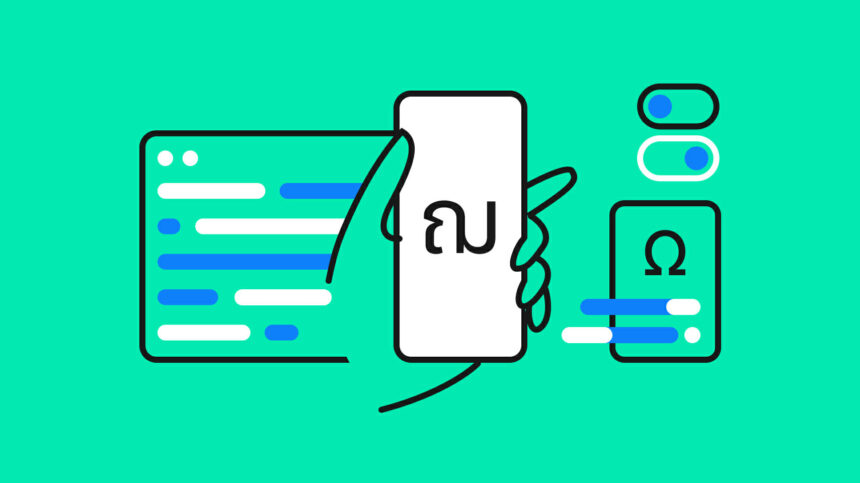What Do You Mean By Open Source Software?
How Do Translation Tools Facilitate Collaboration?
What are the Challenges of Translation on OSS?
The open source software (OSS) movement is bringing revolution in software development, fostering an environment where code is freely available for anyone to use. This phenomenon allows the worldwide exchange of ideas and expertise. But language barriers can become an issue, which is why software translation services are a must. With the advancements in software translation tools, developers and translators are breaking these linguistic barriers. This empowers developers to participate in open source communities.
In this read, we are going to talk in detail about these open source software programs as well as the role of translation services in facilitating barriers.
What Do You Mean By Open Source Software?
The free and open licensing policy of OSS means that the software is licensed under terms that allow users to use it freely.
As you might already know, an open source software (OSS) is software that allows users to use, change, and modify it. The code of the software is open, publicly available, which means that anyone can easily access it. The plus point of such software is that users can examine, modify, and redistribute this software to anyone. This software works on a community-driven approach. It means that developers from all around the world can contribute to its code, fix errors or bugs, and also suggest areas for improvement. This type of environment leads to innovation and a more efficient product. The main benefit of these tools includes cost-effectiveness. The open code allows customization and adaptation according to the needs of the developers. This makes OSS a powerful driver of technological advancement as well as an important part of the modern software development landscape.
Such softwares are valuable resources for individuals, businesses, and other various organizations. For instance, Linux. It is a powerful operating system that powers everything from servers to supercomputers and has an open source code that every user can access.
How Do Translation Tools Facilitate Collaboration?
Software translations can be very influential in breaking down linguistic as well as functional barriers that multilingual audiences face when using open source software. With the help of software translation tools, developers can translate variable names to understand the code base. They can also translate the error messages to understand the technical context of the problem in case the software is in a foreign language. Moreover, translation services can help translate user guides and software documentation for easy understanding by global users.
Moreover, after the detection of the problem, software translators accurately describe the bug in the developer’s native language. This process ensures clear communication with the development team and they can alter an open source software for their target audiences.
For instance, imagine a comprehensive open-source software that is only available in English. This will limit its reach to a specific audience. It is software translation services that empower open-source software and ensure that a wide range of developers can understand and utilize the capabilities of the software. This process accelerates learning and innovation.
What are the Challenges of Translation for OSS?
Quality and consistency of these open source software sometimes becomes a challenge. Translation of complex technical concepts and code syntax can lead to inaccuracies and errors. Maintaining consistency in terminology and style in different translation solutions can be a daunting factor. However, skilled human translators from an IT translation company ensure that these problems are resolved so that the end user does not face any problems. Different tools like translation memory and glossaries can also be used to ensure consistency.
Final Words!
Software translation has emerged as a powerful force for good in the open-source software (OSS) world. By breaking down language barriers and enhancing collaboration, they empower developers worldwide to contribute to the collective effort of building the future of software. However, challenges like quality and consistency of the code syntax become a hurdle that efficient translators and developers can surely remove.


